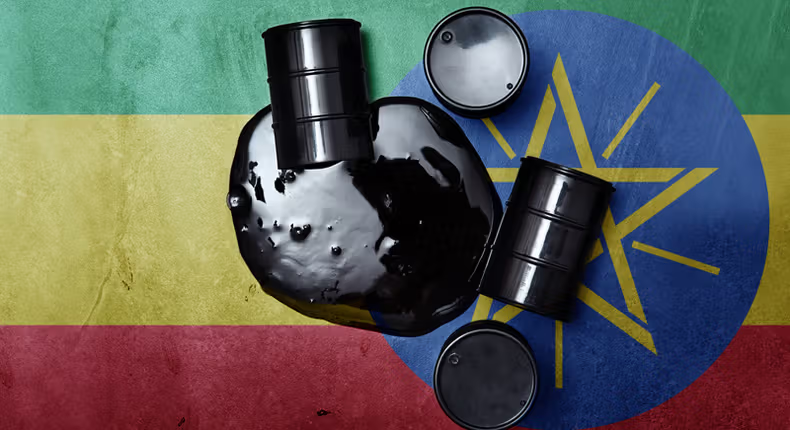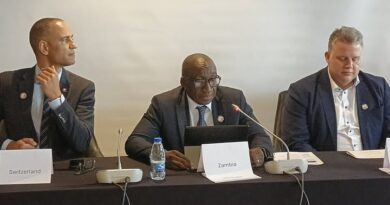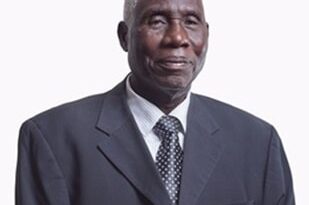Ethiopia Allocates $175 Million for Fuel Imports Amid Ongoing Dollar Shortage
The National Bank of Ethiopia has allocated $175 million in foreign exchange to the state-owned Ethiopian Petroleum Supply Enterprise to cover upcoming fuel import payments, amidst the country’s ongoing struggle with dollar shortages.
Ethiopia, which spends about $4 billion annually on fuel imports, has faced increasing financial pressures exacerbated by the COVID-19 pandemic and a two-year civil war that concluded in late 2022.
To ease these burdens, Ethiopia is also set to receive $345 million from an International Monetary Fund (IMF) program, adding to the $1 billion disbursement announced in July.
The East African nation’s financial difficulties have been compounded by a managed floating exchange rate system, leading to severe shortages of dollars for essential imports and profit repatriation.
In response, Ethiopia devalued its currency by 50% in July 2024, aligning its exchange rate with street market levels in an attempt to secure more foreign exchange and attract international funding from the IMF and World Bank.
Prime Minister Abiy Ahmed previously acknowledged the substantial burden of fuel imports on the economy. Additionally, the National Bank of Ethiopia has been proactive in increasing foreign exchange reserves through special auctions and other measures to ease the dollar crunch.
Ethiopia, Africa’s second most populous country, has been in talks for debt restructuring and continues to face internal financial challenges, especially after defaulting on its government debt in December 2023.
Source: Business Insider Africa



